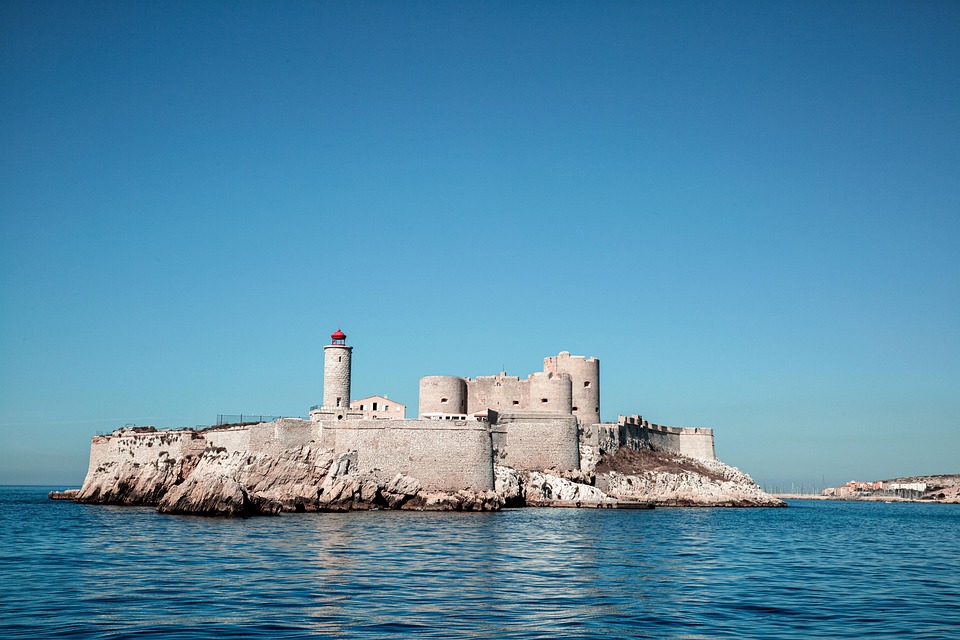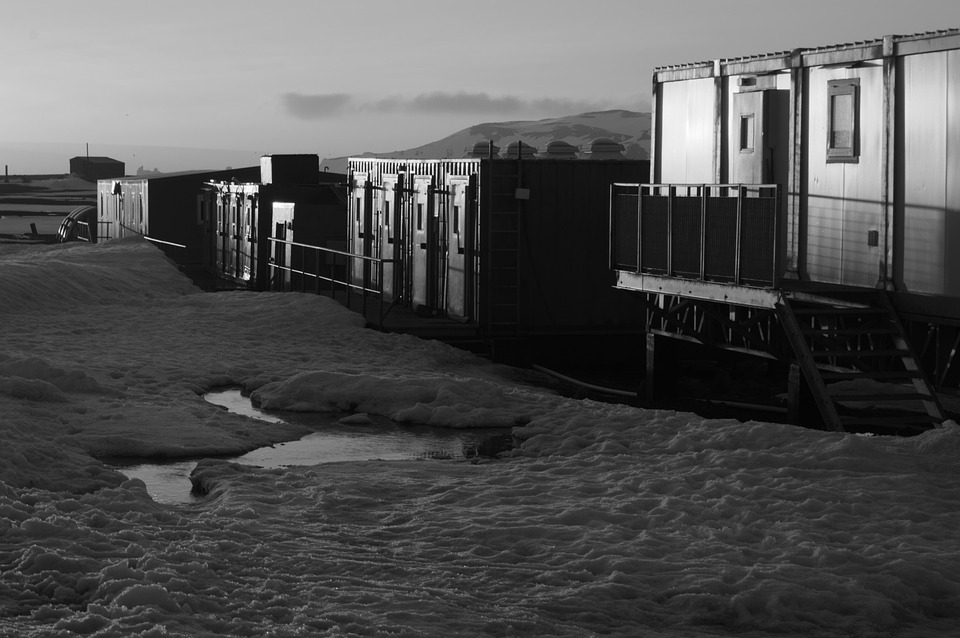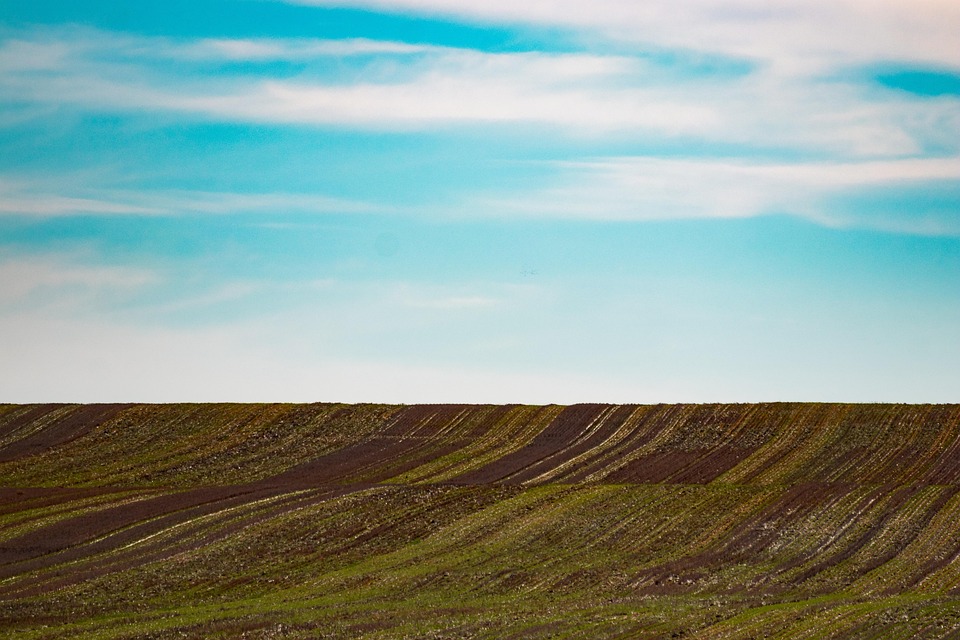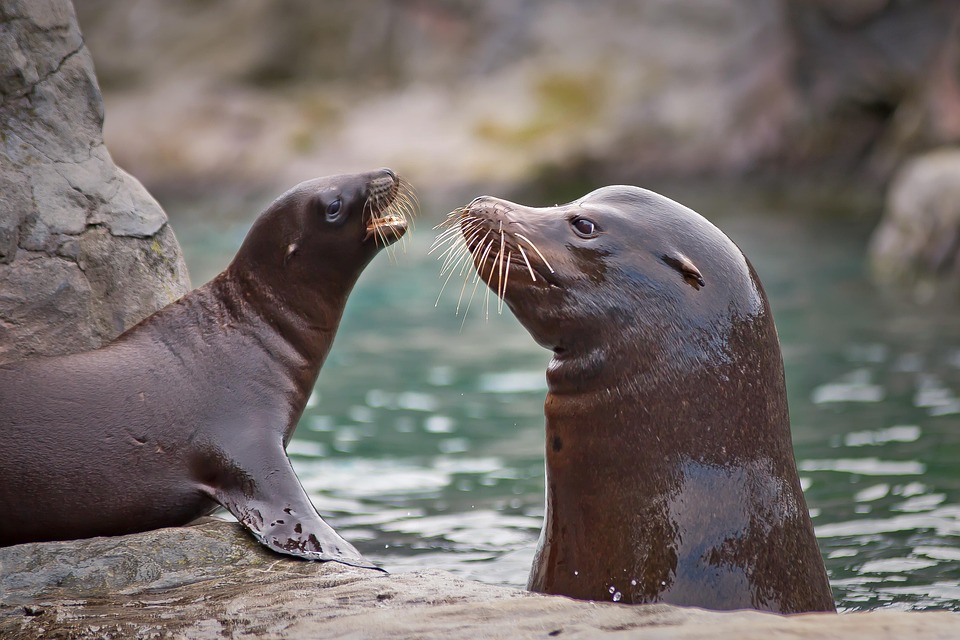Essential Skills and Responsibilities of a Conservation Officer: A Shortage Occupation with Promising Career Prospects in the UK
In the realm of environmental protection, the role of a conservation officer stands out as both pivotal and increasingly vital. As the UK grapples with escalating environmental challenges, the necessity for skilled professionals in this field has never been more pronounced. The alarming decline in biodiversity, coupled with the effects of climate change, has catalysed a demand for conservation officers who possess not only passion but also a diverse skill set.
A Multifaceted Skill Set
To navigate the complexities of conservation work, individuals must cultivate a range of essential skills. Predominantly, communication stands as a cornerstone. This role often demands the ability to engage with a variety of stakeholders, including local communities, government bodies, and environmental groups. Articulating complex ecological concepts in an accessible manner can bridge gaps and foster collaborative efforts.
Equally important are analytical skills. Conservation officers frequently analyse ecological data and assess the health of ecosystems. The ability to interpret statistics, understand environmental impact assessments, and apply scientific research is crucial. In a world awash with data, the capacity to discern what is relevant and actionable can make a significant difference.
Moreover, problem-solving skills are indispensable. Conservation officers often face unexpected challenges—be it invasive species management, habitat restoration, or community opposition to conservation projects. The flexibility to devise innovative solutions, often under pressure, defines a successful conservation professional.
Key Responsibilities
The responsibilities of a conservation officer span a vast spectrum. Primarily, these professionals are tasked with protecting wildlife and natural habitats. This involves developing and implementing conservation plans, monitoring species populations, and advocating for the preservation of critical habitats. The balance between human activity and ecological integrity is delicate, and conservation officers play a crucial role in mediating this relationship.
Additionally, education and outreach form a significant component of their work. By raising awareness about environmental issues, conservation officers empower communities to participate in conservation efforts. Engaging schools, local organisations, and the public at large is not just beneficial; it is essential for fostering a culture of environmental stewardship.
The Landscape of Career Prospects
The current landscape reveals that conservation officers are classified as a shortage occupation within the UK. This designation underscores the pressing need for qualified individuals in the field, offering promising career prospects for aspiring professionals. As the UK government intensifies its commitment to environmental sustainability, the demand for conservation officers is likely to surge, creating numerous opportunities for those willing to step into this rewarding role.
The Future of Conservation
What does the future hold for conservation officers? With increasing governmental and societal focus on sustainability, the role is set to evolve. Officers will need to adapt to new technologies, such as drones for monitoring wildlife and sophisticated data analysis tools. Furthermore, the integration of conservation with urban planning and development will require professionals who can think holistically about ecological systems.
In light of these developments, it’s crucial for prospective conservation officers to remain proactive in their professional development. Continuous learning and adaptation will be key to thriving in this dynamic environment.
As we look to the future, those entering this field must not only be well-versed in ecological principles but also equipped with the ability to navigate the intricate socio-political landscapes that influence conservation efforts.
Visajob.co.uk will continue to support you in securing employment in the UK, particularly in roles that require sponsorship. With the right guidance and resources, your journey towards becoming a conservation officer can be both fulfilling and impactful.




